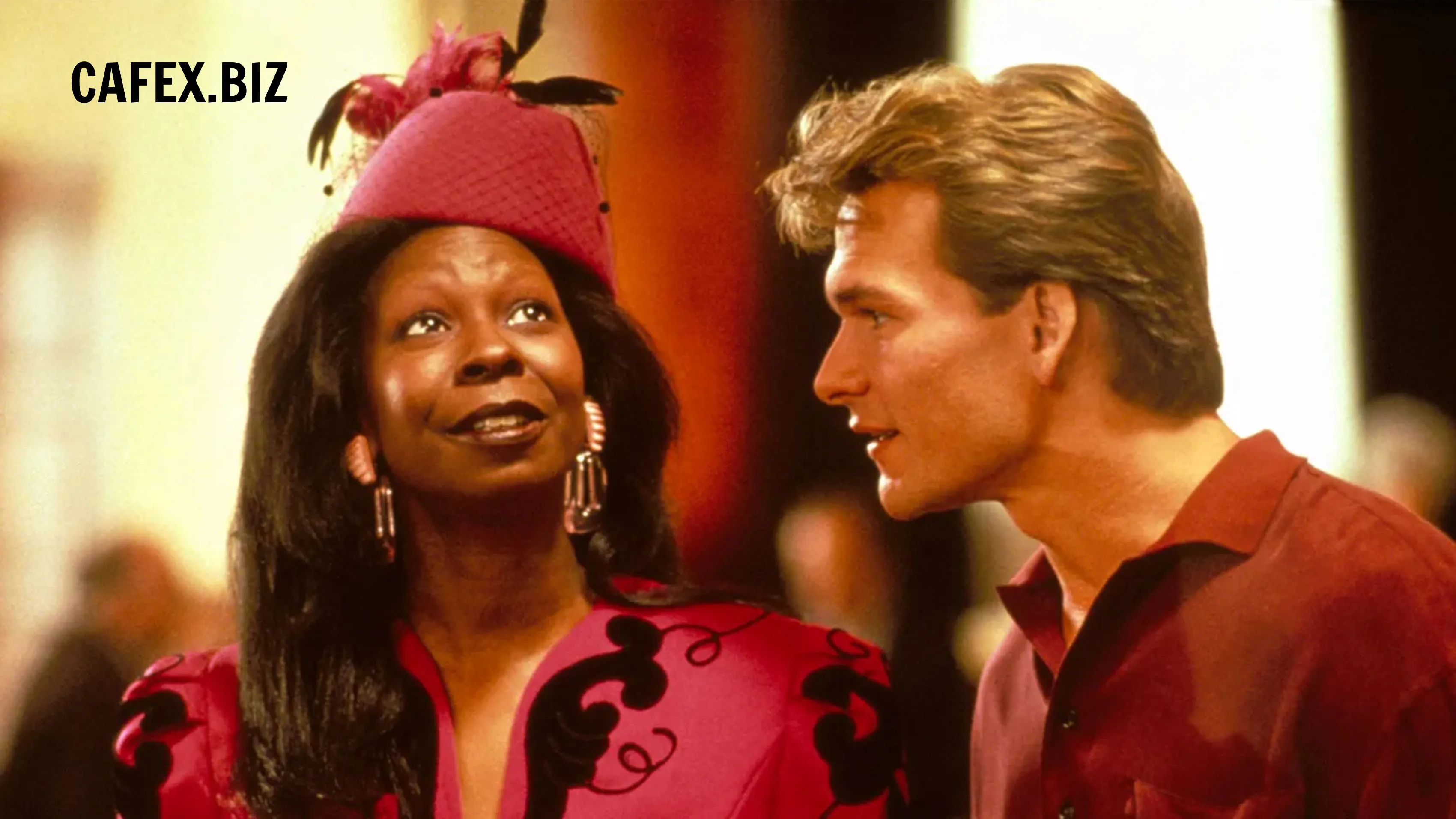Stairway to Heaven by Led Zeppelin is a song that transcends the boundaries of music. Released in 1971 on the iconic album "Led Zeppelin IV," this composition is hailed as one of the greatest rock songs ever recorded. The song's mesmerizing lyrics, intricate musical composition, and legendary guitar solo have made it a timeless masterpiece. In this exploration, we will delve into the song's origins, lyrics, musical brilliance, and its enduring impact on both the band and the history of rock music.
The Genesis of a Masterpiece
The birth of "Stairway to Heaven" is rooted in the collaborative genius of Led Zeppelin's lead vocalist Robert Plant and guitarist Jimmy Page. In 1970, they found themselves at Bron-Yr-Aur cottage in Wales, seeking refuge from their rising fame and the relentless pressures of the music industry. In this tranquil setting, the song began to take form as Plant and Page embarked on a creative journey.
Stairway to Heaven is celebrated for its enigmatic lyrics filled with vivid imagery and allusion. The song's title itself, "Stairway to Heaven," evokes themes of spiritual quest, mysticism, and the age-old struggle between good and evil. It invites listeners to embark on a metaphorical journey, much like climbing a stairway to an ethereal realm.
The lyrics of the song are shrouded in mystery and intrigue. The opening lines, "There's a lady who's sure all that glitters is gold. And she's buying a stairway to heaven," introduce a mysterious lady seeking a path to enlightenment. As the song unfolds, Robert Plant's lyrics effortlessly transition between concrete and abstract imagery, crafting an evocative narrative open to a multitude of interpretations.
Lyrics and Interpretations
The lyrics of "Stairway to Heaven" are a testament to Robert Plant's poetic prowess. The song commences with the iconic verses, immediately capturing the listener's imagination. Plant's exploration of themes such as materialism, the May Queen, and a hedgerow bustle adds depth and a sense of enchantment to the composition.
Stairway to Heaven has been a subject of numerous interpretations and theories. Some listeners perceive it as a Faustian narrative, a cautionary tale against the perils of materialism. Others view it as a commentary on the excesses of the music industry or a quest for spiritual fulfillment. The song's beauty lies in its ambiguity, allowing for a wide range of personal interpretations.
Robert Plant, however, has remained somewhat enigmatic about the song's precise meaning. He once suggested that it was about "a woman getting everything she wanted all the time without giving back any thought or consideration." This insight hints at the possibility that the song serves as a warning against unchecked ambition and its consequences.
Musical Brilliance

One of the defining elements of "Stairway to Heaven" is the legendary guitar work of Jimmy Page. The song showcases multiple guitar parts, each highlighting Page's virtuosity. The fingerpicked introduction, often referred to as the "intro solo," is a legendary piece of music in its own right. Page's use of a double-necked Gibson EDS-1275 guitar allows him to seamlessly switch between 12-string and 6-string tones, creating a rich, layered sound that adds to the song's grandeur.
The solo section, often called the "guitar solo," is a pivotal moment in the song. Page's expressive playing here exemplifies his ability to fuse technical brilliance with deep emotion, making it one of the most iconic guitar solos in the history of rock music.
While Page and Plant typically take the limelight, Led Zeppelin's formidable rhythm section of John Bonham on drums and John Paul Jones on bass and keyboards is a critical foundation for the song. Bonham's drumming and Jones's versatile contributions provide the song with a solid structure and dynamic textures. Bonham's drumming, especially during the crescendo leading up to the guitar solo, injects an irresistible drive into the composition.
The synergy between the band members, with their diverse musical talents, creates a distinctive and powerful sonic landscape that sets Led Zeppelin apart from their contemporaries.

"Stairway to Heaven" is celebrated for its dynamic structure, taking listeners on an emotional journey. The song commences softly and introspectively, gradually intensifying as it progresses. This dynamic contrast is an essential element of the song's impact. The careful interplay of dynamics, combined with the instrumental virtuosity, creates a sense of drama and catharsis that sets the song apart from many of its contemporaries.
Recording and Production

The recording of "Stairway to Heaven" was a meticulous and time-consuming process. In 1971, it was recorded at Headley Grange, a former poorhouse converted into a recording studio. The band capitalized on the natural acoustics of the building, which contributed to the song's unique sound. The decision to record in a large, echoic space added a distinctive ambiance that enhanced the song's ethereal quality.
"Stairway to Heaven" features a layered arrangement with multiple instruments and vocal tracks. Jimmy Page, known for his meticulous approach to guitar overdubs, layered several guitar tracks to create a rich, harmonically dense sound. John Paul Jones added subtle keyboard touches that complemented the song's atmosphere. Robert Plant's vocal performance is emotive and powerful, reaching its zenith during the song's climactic moments.
The arrangement of the song, with its gradual build-up and meticulously crafted instrumental interplay, showcases Led Zeppelin's exceptional musicianship. The production values of "Stairway to Heaven" set a high standard for rock music of the era and continue to influence contemporary musicians.
The Impact

"Stairway to Heaven" extends beyond the realm of music to become a cultural touchstone. It is not merely a song; it's an experience. Its influence on popular culture, both within and beyond the realm of music, is immeasurable. The song's evocative power has been harnessed in countless films, TV shows, commercials, and other media. It has been covered, parodied, and referenced in numerous contexts, cementing its place in the collective consciousness.
Led Zeppelin's live performances of "Stairway to Heaven" are legendary. The band was renowned for their electrifying concerts, and this song often stood as a highlight of their setlists. One of the most famous performances of "Stairway to Heaven" occurred at the 1975 Earls Court concert in London, where the band delivered a mesmerizing rendition to a crowd of adoring fans.

Robert Plant's charismatic stage presence, Jimmy Page's blistering guitar solos, and the band's tight-knit performance made "Stairway to Heaven" a transformative experience for concertgoers. The song's live performances contributed to its enduring mystique.
Enduring Legacy

"Stairway to Heaven" has had a profound and lasting impact on the world of rock music. It is often cited as one of the greatest rock songs of all time, and its influence can be heard in the work of countless artists who followed. The song's combination of poetic lyrics, intricate guitar work, and epic structure has become a template for aspiring rock musicians.
Many bands and guitarists have attempted to replicate the magic of "Stairway to Heaven," but few have come close to capturing its essence. The song's enduring popularity is a testament to its timeless quality.

Beyond its influence on music, "Stairway to Heaven" has played a role in various cultural and social contexts. The song's themes of spiritual quest, the allure of materialism, and the eternal struggle between good and evil resonate with listeners from all walks of life. Its enigmatic lyrics have inspired countless discussions and interpretations, making it a topic of intellectual and philosophical discourse.
Additionally, "Stairway to Heaven" has been associated with various cultural and social movements. It has been embraced by both countercultural and mainstream audiences, showcasing its ability to bridge divides and connect people through the universal language of music.
"Stairway to Heaven" by Led Zeppelin is not just a song; it's a musical epic that has left an indelible mark on the world of rock music and popular culture. Its origins in the creative haven of Bron-Yr-Aur, its enigmatic lyrics, its masterful composition and production, and its profound impact on the band and the history of music make it a true masterpiece. As we continue to climb this metaphorical "stairway," the timeless allure of Led Zeppelin's magnum opus shows no sign of fading.





